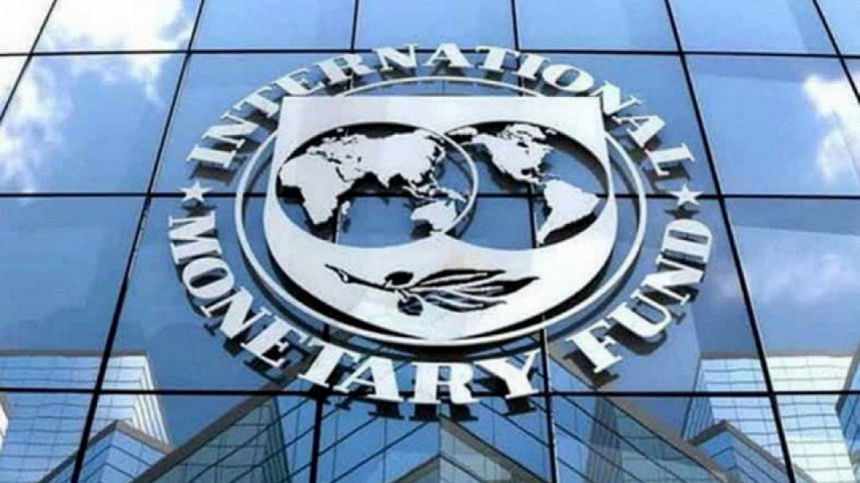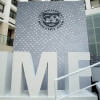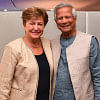IMF to assess Bangladesh’s need for fresh loan

An International Monetary Fund (IMF) delegation due to arrive later this month will assess Bangladesh's potential financial needs as the country sought a fresh $3 billion loan from the multilateral lender.
The delegation is likely to arrive in Dhaka on September 24 and stay till September 30, said a finance ministry official.
"As part of the upcoming mission [to Dhaka], the team will be assessing all of the economic developments and any potential financing needs," Julie Kozack, director of IMF Communications Department, told a press briefing in Washington DC on Friday.
"From the IMF side, we are working closely with the interim government [of Bangladesh]," she said, according to a transcript of the briefing published on the IMF website.
"We remain fully committed to working with Bangladesh and to support the people within the context of the IMF programme, we will continue to work closely with the authorities to help advance the reform agenda," she added.
Further details about the visit will be communicated in due course, she said.
Kozack also expressed her deep sorrow over the loss of lives and injuries during the recent protests in Bangladesh.
"It was very distressing to hear about those losses of lives," she said.
Addressing the nation on Wednesday, Professor Muhammad Yunus, chief adviser to the interim government, said budgetary support has been sought from development partners to enhance the country's foreign currency reserves.
The $3 billion loan was sought by Finance Adviser Salehuddin Ahmed and Bangladesh Bank Governor Ahsan H Mansur during separate virtual meetings with the IMF earlier.
The IMF has an ongoing $4.7 billion loan programme for Bangladesh, which was approved in January last year.
Over the past two years, Bangladesh's foreign currency reserves have been dwindling, having barely enough to cover import payments of a couple of months, which is the IMF's minimum benchmark.
In recent months, the reserves have been hovering around $20 billion, as per the IMF's calculations. On September 11, there was $19.44 billion.
In the energy and power sector alone, the government has outstanding dues of more than $2 billion, according to the central bank officials.
On top of that, the government requires about $1 billion each month for import bill payments for this sector.
Against this backdrop, the interim government has been seeking budgetary support from the development partners, alongside looking to bring in increasing amounts in remittance and export earnings.

 For all latest news, follow The Daily Star's Google News channel.
For all latest news, follow The Daily Star's Google News channel. 








Comments